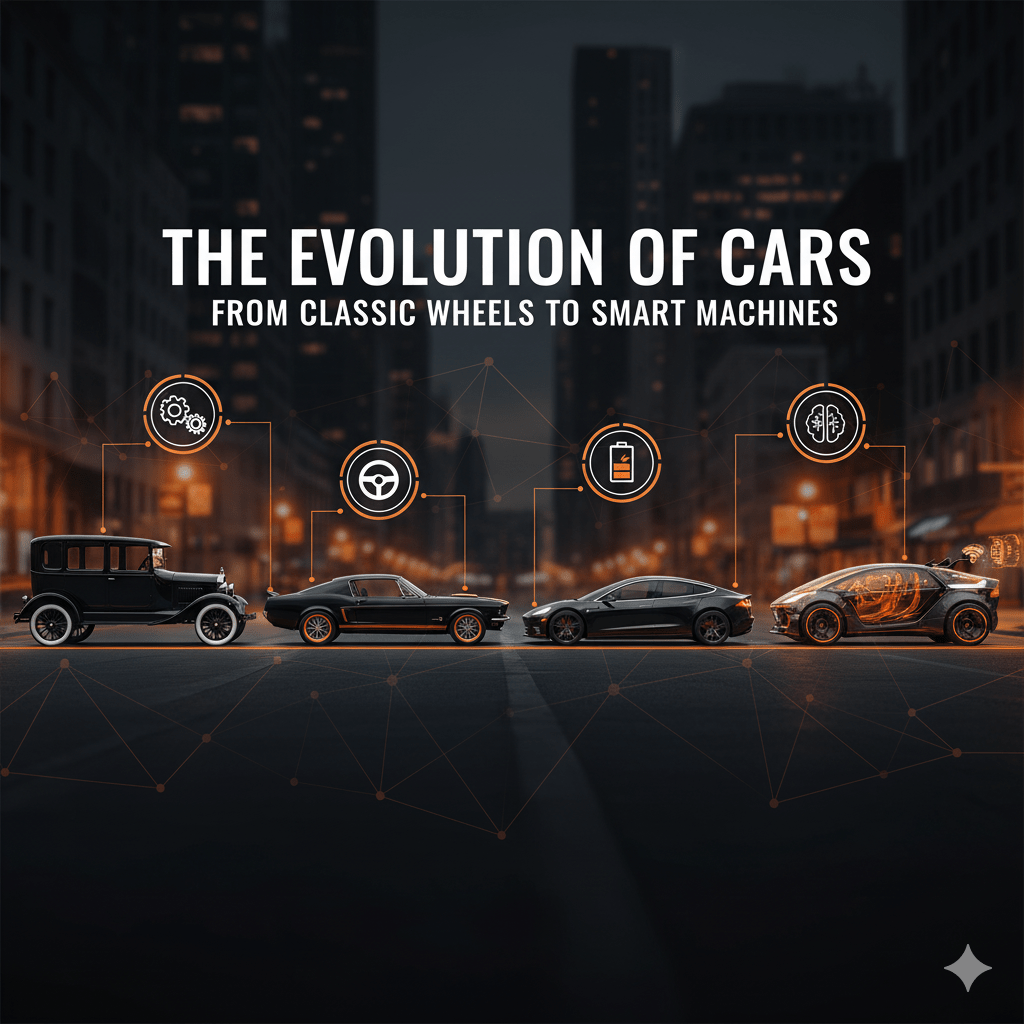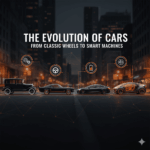🏁 The Early Days
The first true automobile is often credited to Karl Benz, who built the Benz Patent-Motorwagen in 1886. These early cars were slow, expensive, and rare. Only the rich could afford them, and roads weren’t even ready for vehicles yet!
⚙️ The Age of Innovation
By the mid-20th century, companies like Ford, Chevrolet, and Volkswagen started mass-producing cars, making them accessible to the public. The Ford Model T was a turning point — affordable, reliable, and easy to maintain.
💡 Modern Technology Takes Over
Today, cars are more than just a mode of transport — they’re smart devices on wheels. From touch-screen dashboards to voice assistants, electric powertrains, and even self-driving features, modern vehicles are blending technology and comfort like never before.
Brands like Tesla, BMW, and Toyota are leading the race in innovation with electric cars and hybrid technology. These not only help the environment but also provide better performance and efficiency.
🌍 The Future is Electric
The future of cars is electric, connected, and autonomous. Governments across the world are encouraging the shift to EVs (Electric Vehicles), aiming to reduce carbon emissions. In the next decade, it’s expected that most new cars will run on clean energy and offer full self-driving capabilities.
🧭 Final Thoughts
Cars have always been more than machines — they represent freedom, adventure, and innovation. As technology continues to evolve, one thing is certain: the journey of cars is far from over.




